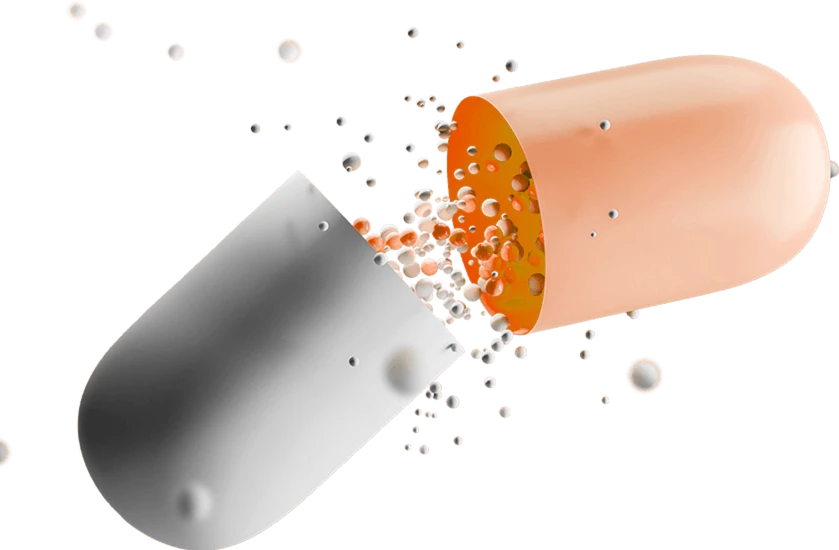- Afrikaans
- Albanian
- Amharic
- Arabic
- Armenian
- Azerbaijani
- Basque
- Belarusian
- Bengali
- Bosnian
- Bulgarian
- Catalan
- Cebuano
- Corsican
- Croatian
- Czech
- Danish
- Dutch
- English
- Esperanto
- Estonian
- Finnish
- French
- Frisian
- Galician
- Georgian
- German
- Greek
- Gujarati
- Haitian Creole
- hausa
- hawaiian
- Hebrew
- Hindi
- Miao
- Hungarian
- Icelandic
- igbo
- Indonesian
- irish
- Italian
- Japanese
- Javanese
- Kannada
- kazakh
- Khmer
- Rwandese
- Korean
- Kurdish
- Kyrgyz
- Lao
- Latin
- Latvian
- Lithuanian
- Luxembourgish
- Macedonian
- Malgashi
- Malay
- Malayalam
- Maltese
- Maori
- Marathi
- Mongolian
- Myanmar
- Nepali
- Norwegian
- Norwegian
- Occitan
- Pashto
- Persian
- Polish
- Portuguese
- Punjabi
- Romanian
- Russian
- Samoan
- Scottish Gaelic
- Serbian
- Sesotho
- Shona
- Sindhi
- Sinhala
- Slovak
- Slovenian
- Somali
- Spanish
- Sundanese
- Swahili
- Swedish
- Tagalog
- Tajik
- Tamil
- Tatar
- Telugu
- Thai
- Turkish
- Turkmen
- Ukrainian
- Urdu
- Uighur
- Uzbek
- Vietnamese
- Welsh
- Bantu
- Yiddish
- Yoruba
- Zulu
pro . 12, 2024 05:23 Back to list
buparvaquone injection uses
Buparvaquone Injection An Overview of Uses and Benefits
Buparvaquone is an innovative pharmacological agent primarily utilized in veterinary medicine for the treatment of certain parasitic infections in livestock and companion animals. This drug, belonging to the hydroxynaphthoquinone class, effectively targets various protozoal diseases, particularly those caused by *Theileria* and *Babesia* species, which are known to cause severe health issues in cattle and other animals.
One of the most significant uses of buparvaquone injection is in the management of Theileriosis, a disease caused by the protozoan parasite *Theileria annulata*, which poses a considerable threat to the livestock industry. Theileriosis can lead to symptoms such as fever, anemia, and in severe cases, death, significantly impacting agricultural productivity. Buparvaquone serves as a crucial therapeutic agent, providing a mechanism to eliminate the parasite while preventing the severe complications associated with the disease.
Buparvaquone Injection An Overview of Uses and Benefits
The administration of buparvaquone is typically via injection, allowing for direct absorption into the bloodstream. This route of administration is particularly advantageous in critical situations where rapid intervention is required. The drug's long half-life ensures prolonged therapeutic effects, making it effective in controlling parasitic populations and aiding in the recovery of infected animals.
buparvaquone injection uses

In addition to its primary uses, buparvaquone has exhibited potential in research settings for treating other protozoal infections. Its mechanism of action involves the inhibition of mitochondrial function in parasites, leading to their eventual death. This unique mode of action positions buparvaquone as a valuable component in the ongoing battle against parasitic diseases in veterinary medicine.
While buparvaquone is primarily used in veterinary contexts, there is growing interest in exploring its applications in human medicine. Researchers are investigating the potential of buparvaquone in treating human parasitic infections, particularly those that share biological similarities with veterinary pathogens. As our understanding of its pharmacodynamics and safety profile expands, buparvaquone could transition into novel treatments for human health.
Despite its promise, the use of buparvaquone is not without risks. Veterinary professionals must carefully consider the dosage and the specific context of treatment, as improper administration can lead to adverse effects. Continuous monitoring is essential following treatment to ensure the animal's recovery and to mitigate any potential negative reactions.
In conclusion, buparvaquone injection represents a significant advancement in the treatment of protozoal infections in animals, particularly in livestock. Its efficacy against Theileriosis and Babesiosis has established it as a vital tool for veterinarians aiming to promote animal health and welfare. As ongoing research continues to unfold, the potential applications of buparvaquone could expand beyond veterinary use, paving the way for future breakthroughs in the treatment of parasitic diseases across species. The continued study and application of buparvaquone will undoubtedly contribute to improved health outcomes in both animals and potentially humans in the years to come.
-
Guide to Oxytetracycline Injection
NewsMar.27,2025
-
Guide to Colistin Sulphate
NewsMar.27,2025
-
Gentamicin Sulfate: Uses, Price, And Key Information
NewsMar.27,2025
-
Enrofloxacin Injection: Uses, Price, And Supplier Information
NewsMar.27,2025
-
Dexamethasone Sodium Phosphate Injection: Uses, Price, And Key Information
NewsMar.27,2025
-
Albendazole Tablet: Uses, Dosage, Cost, And Key Information
NewsMar.27,2025













